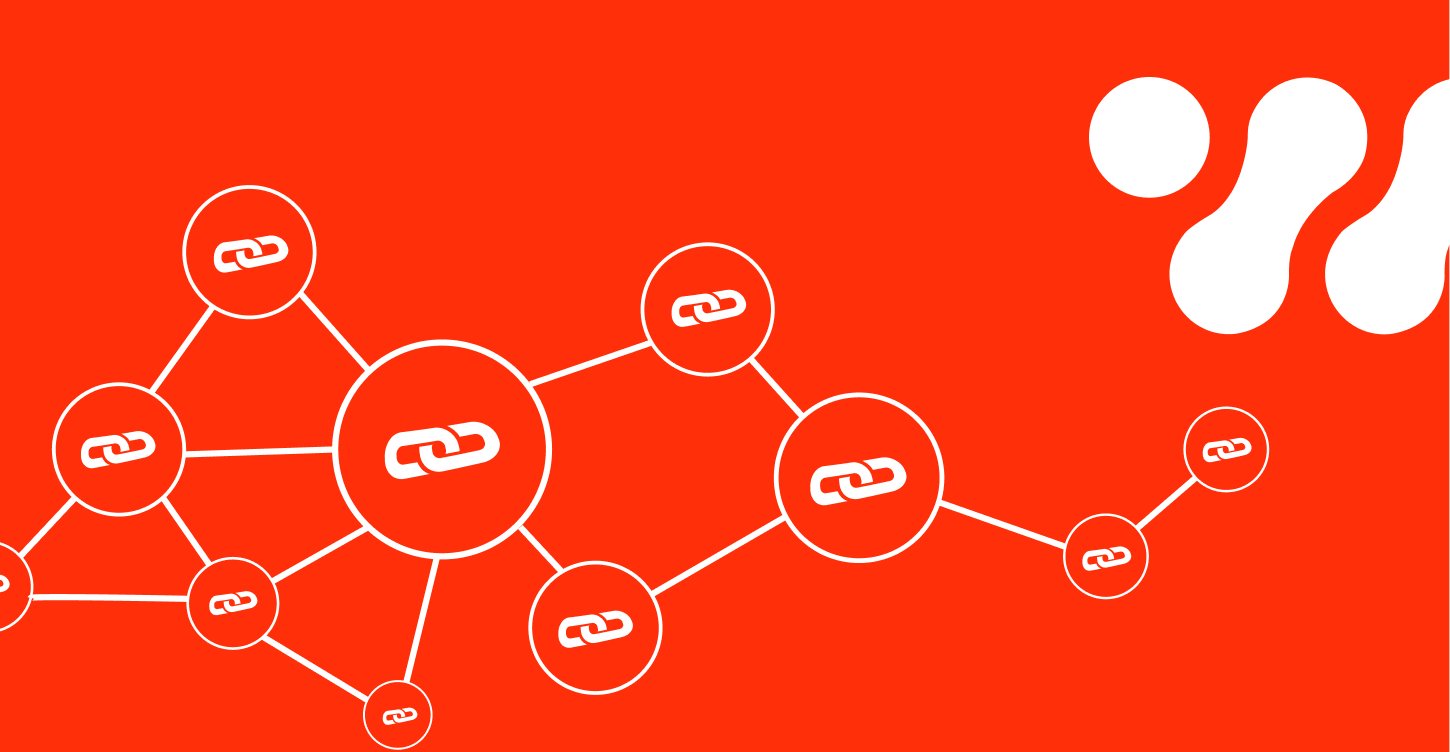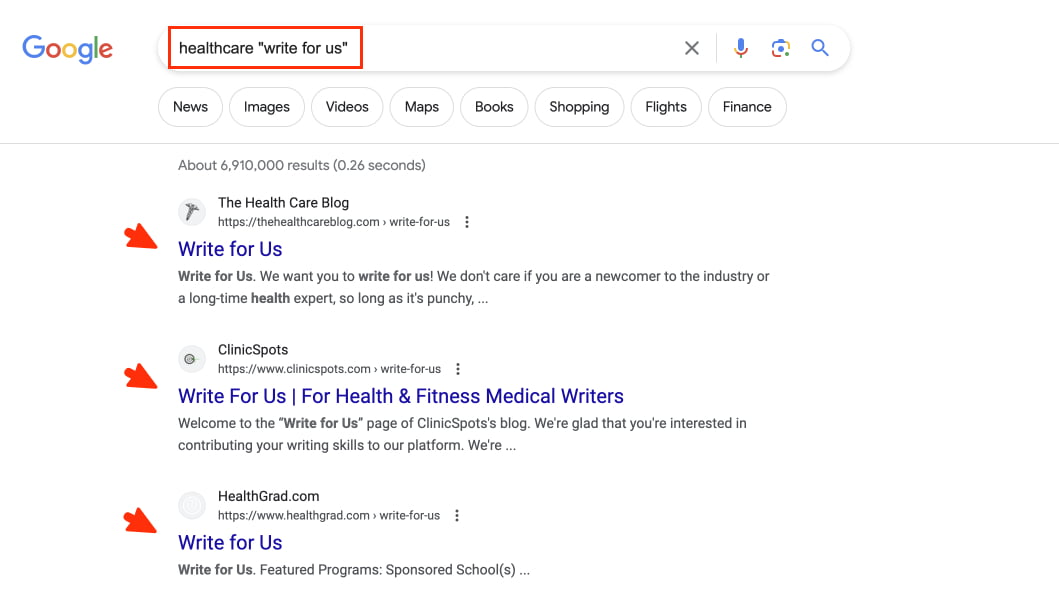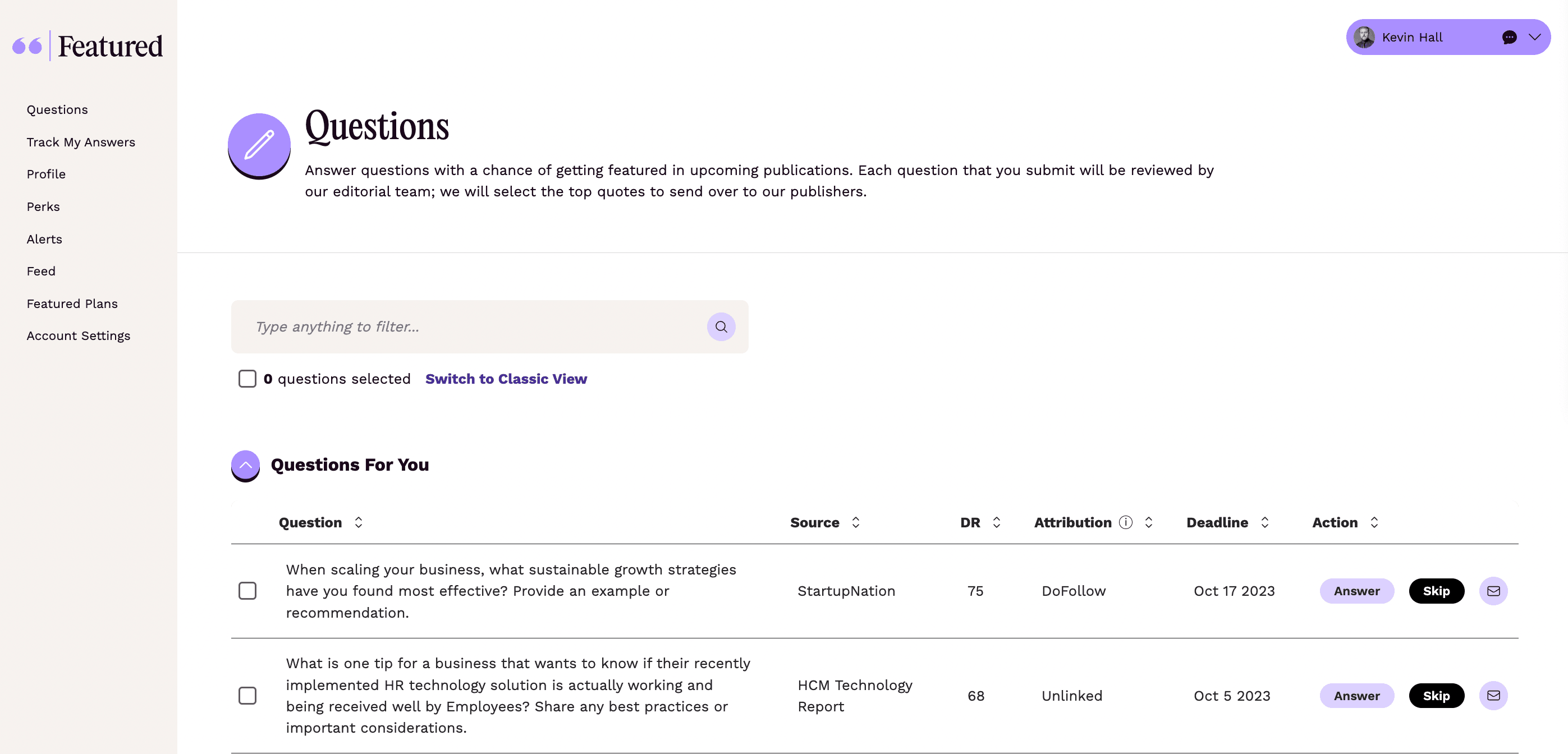
Link building is a cornerstone of search engine optimization (SEO). It involves acquiring backlinks from other websites to your own. These links serve as digital endorsements, solidifying your content’s value, relevance, and authority.
But not all link-building methods are the same. The SEO community classifies these into three distinct “hats”: White, Gray, and Black. This guide will explore the specifics of White Hat link building, distinguishing it from its Gray and Black Hat counterparts. We’ll emphasize its significance for achieving sustainable digital prominence.
White Hat link building represents the gold standard of SEO practices, adhering strictly to search engine guidelines and focusing on genuine value for users. Unlike quick-fix tactics or manipulations, White Hat methods emphasize establishing authority and trust over time.
To understand the essence of White Hat link building, we must explore its foundational principles. As we unravel the intricacies of this method, several key attributes stand out:
Navigating the SEO landscape requires discerning between ethical and unethical practices. Distinguishing White, Gray, and Black Hat link building techniques becomes paramount for businesses aiming for sustainable online growth.
Gray Hat link building operates in an ambiguous zone, treading the line between the ethical White Hat and deceptive Black Hat techniques. It doesn’t flagrantly violate search engine guidelines, but it often skirts their boundaries:
Definition and characteristics of gray hat link building: Gray Hat strategies use methods not explicitly banned by search engine guidelines but remain questionable. They exploit identified system loopholes.
Potential risks involved: Gray Hat methods might offer quick results, but they introduce increased risks. As search engines refine their algorithms, today’s loophole might be tomorrow’s penalty.
Venturing into the darker side of SEO, Black Hat link building disregards search engine guidelines in pursuit of rapid gains. It’s a risky game, prioritizing short-term wins over long-term sustainability and credibility.
Definition and key characteristics: Black Hat link building is characterized by deliberate manipulations to trick search engines and achieve higher rankings. These methods are in direct violation of search engine guidelines and ethical SEO practices.
Common tactics: Among the most notorious are link farms (networks created solely to increase the number of inbound links to a site), spammy content (often auto-generated with little to no real value), and hidden links (links that are invisible to users but readable by search engines).
Consequences of black hat link building: The allure of quick results is often overshadowed by severe repercussions. Search engines like Google have sophisticated algorithms and detection tools, leading to sites getting penalized, de-indexed, or even banned. This not only affects rankings but can severely damage a brand’s reputation.
White Hat link building embodies the best practices within SEO, adhering faithfully to search engine guidelines and prioritizing genuine user value over manipulation.
Reiteration of its definition: White Hat links are secured through organic, ethical means. They’re grounded in genuine relationships, high-quality content, and value-driven strategies that serve both the website owner and its audience.
White Hat link building techniques champion ethical SEO, emphasizing practices that offer sustainable success. These strategies, renowned for their commitment to best practices and a focus on long-term gains, present a contrast to the fleeting, and often risky, tactics of their Gray and Black Hat counterparts. Here’s a closer look into the heart of these strategies.
Harnessing search engines goes beyond just typing in keywords. With the right search terms, Google becomes a powerful ally in scouting potential link-building opportunities. Phrases such as “guest post” or “write for us” reveal platforms keen on fresh content.

By searching for things like [Healthcare “Guest Posts”] you will find pages that give you opportunities for backlinks.
For emerging brands, this strategy opens up new avenues. These brands can showcase their content, gaining both exposure and crucial backlinks in the process. Meanwhile, established brands can use this tactic to maintain and expand their authority, securing links from aligned platforms.
The digital space is saturated with content, but originality always finds a way to shine. Conducting original research or insightful surveys sets a brand apart from the crowd. Such endeavors offer unique perspectives, catching the attention of both the industry and its audience.
Backlinks naturally follow original content. When brands share fresh insights or findings, others in the industry often cite this information, leading to organic backlink growth. Beyond just links, the brand’s image as an industry thought leader solidifies.
It’s a win-win situation. The audience gains new knowledge, peers get reliable data to cite, and the conducting brand enjoys increased visibility and authority.
Creating value-driven resources is a potent strategy in the link-building arsenal. Whether it’s an in-depth guide, an insightful infographic, or a video tutorial, these resources cater directly to user needs.
When crafted right, these resources address pain points or answer common queries. The inherent value they offer makes them attractive for other websites to link to. Over time, a single well-crafted resource can garner numerous organic backlinks.
Promotion is vital. Even the best resources need visibility. Sharing on relevant platforms, engaging with the audience, and updating the content ensures its continued relevance and appeal.
Digital platforms like Featured and Connectively serve as crucial intersections where brands and journalists converge. These platforms cater to brands crafting articles or seeking professional insights, offering them access to quotes from industry stalwarts. Journalists or content creators post their specific queries, inviting experts to weigh in with their perspectives.
For experts and industry leaders, responding to these queries presents a golden opportunity. By providing their insights, they not only establish and reinforce their authority but also stand a chance to be featured in prominent content. Such features often come with the added bonus of backlinks, enhancing the expert’s or brand’s digital footprint and driving traffic back to their own platforms.

A dedicated approach over three months showcased the power of strategic digital PR. Utilizing platforms like Featured and Connectively, our focused outreach translated into tangible results, enhancing our digital footprint.
Campaign Highlights:
📈 Detailed Results:
Featured:
Connectively:
Average Domain Rating: The newly secured domains boasted an impressive average DR of 55.
One standout moment from the campaign was being featured on the renowned HubSpot blog, with a domain ranking of 93.
White Hat link building strategies are essential cornerstones in digital marketing. Through methods like utilizing search tricks, producing value-driven resources, spearheading original research, and leveraging PR platforms like Featured and Connectively, brands can significantly enhance their online presence.
For small companies, embarking on extensive digital PR campaigns or content production initiatives can seem daunting. However, the importance of building backlinks and boosting domain authority is undeniable. These efforts lead directly to increased visibility and organic growth.
Budget and time constraints shouldn’t deter you. Simple steps, like sending a few pitches weekly through platforms such as Featured and Connectively, can make a difference.
And if you have the funds but lack the time, Webserv is here to assist. Specializing in healthcare digital marketing, our expertise lies in enhancing domain authority via digital PR and maximizing revenue through search engine optimization. Ready to unlock your brand’s potential growth? Book a meeting with us, and let’s craft a roadmap to your digital success.
White hat link building employs ethical and sustainable techniques to gain high-quality backlinks, ensuring compliance with search engine guidelines.
Link building enhances website authority, signaling to search engines that the site offers valuable content, leading to improved rankings.
White hat practices adhere to search engine guidelines and focus on organic audience engagement. In contrast, black hat techniques attempt to exploit loopholes and can result in penalties.
Quality backlinks from reputable sources bolster your site’s trustworthiness and relevance, boosting its domain authority and search rankings.
No. Backlinks from high-authority, relevant sites carry more weight than links from low-quality or unrelated sources.
Strategies like using Google search tricks, conducting original research, leveraging PR platforms, and resource link building are considered white hat.
